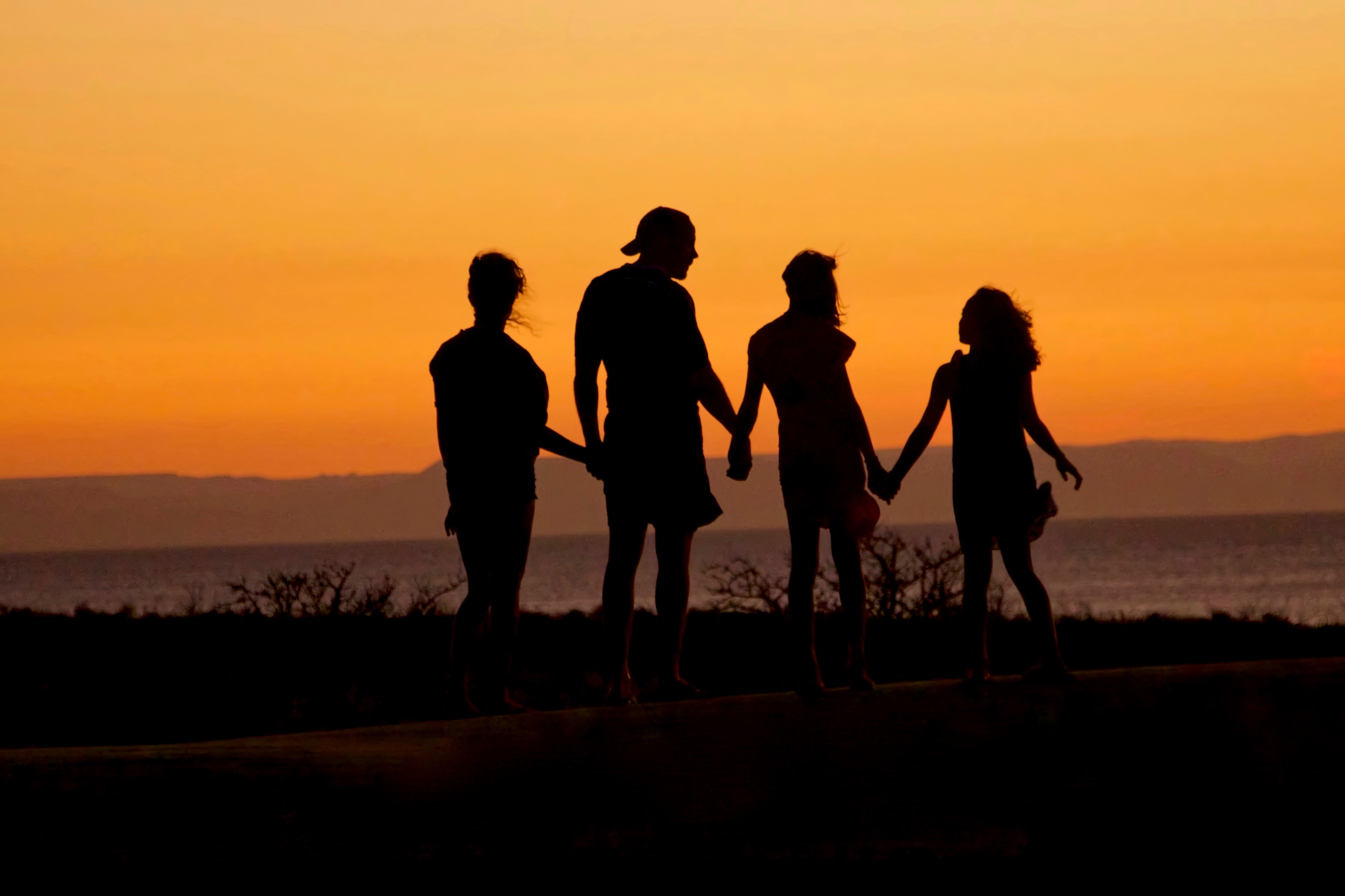Could social separation be a larger cause of death and disease than poor nutrition, lack of exercise or even smoking? New research is saying just that! Over a decade ago, Dan Buettner teamed up with National Geographic and the world's best longevity researchers to identify pockets around the world where people live

Over a decade ago, Dan Buettner teamed up with National Geographic and the world’s best longevity researchers to identify pockets around the world where people live the longest (over 100 years old!). This stud

y wanted to figure out WHY they were living so long and discover what factors were contributing to their longevity. There were multiple commonalities between all 12 zones researched. Surprisingly they found that people who have deep rooted communities and social interaction lived longer than people who lived without consistent social connection.
This decade of research shows just how important it is to get out there and interact with others. In the Blue Zones study they called it finding your “Right Tribe,” which highlighted the importance of building a strong “tribe” of 5 close friends. True friendships with people whom you can connect with, share happy and sad experiences with and call when you need that deeper connection. All of these things contribute to a longer, healthier life.
Similarly, other researchers have found that loneliness is just as lethal as smoking 15 cigarettes per day. Lonely people are 50% more likely to die prematurely than those with healthy social relationships.
I think we can all relate to those feelings of loneliness or feeling left out of social interactions, but until now we may not have realized just how detrimental it can be to our health.

In this time of constant communication, how is it that we feel more alone than ever? It seems we are losing that in person, human to human connection. Social media could be to blame here, as it creates a false sense of connection because virtual connection and communication does not have the same impact as in person interaction. The negative effects of loneliness can often worsen through virtual communication.
You might be thinking, “what about those who are constantly around people all day?” Even those who are constantly engaging with people, such as teachers, social influencers, or medical professionals are at risk for experiencing isolation in their personal lives.
The key factor here is not constantly being around people, but rather about having a genuine connection with others. Cultivating supportive relationships takes time but it is essential to our physical and emotional health. When we make time to build and engage in relationships, it reduces stress, increases happiness, and puts into motion the elements that lead to a vibrant and healthy life!
Remember, the quality of our relationships is what matters not the quantity. Nourish healthy relationships and grow through life together.

The point here is to find something you love and get involved. Doing so will assure that you’ll make friends with people who have similar interests while experiencing increased happiness and a healthier life.

References:
1. https://www.ncbi.nlm.nih.gov/pmc/articles/PMC3890922
Indian J Psychiatry. 2013 Oct-Dec; 55(4): 320–322.
2. https://www.bluezones.com/2016/11/power-9/

Dr. Josh Shields D.C., C.F.M.P is the clinic director and owner of Integrative Wellness Centers, The Top-Rated Naturopathic & Functional Medicine Doctors in Michigan. He is a board certified functional medicine practitioner (1 of only 8000 in the U.S.) and has traveled the country as a consultant and educator of functional medicine for other professionals. Dr. Shields is recognized as an industry leader for pioneering and developing natural programs geared toward helping people reverse chronic disease and helping “healthy” people who want to become healthier. Don’t be surprised if you see doctors from other clinics spending the day and doing rounds trying to discover why Dr. Shields’ care is so effective.Dr. Shields has been helping patients for over thirteen years and has helped more than 2,000 patients successfully. Dr. Shields has been featured as an expert on several health and wellness topics for fortune 500 companies like GE capital and Comerica Bank. He is also a registered speaker for the American Diabetes Association.He and his wife have 3 children and currently live in the Novi, Michigan area.
To watch Dr. Shields own testimonial and why Integrative Wellness Centers was founded click this VIDEO button.

Take the online digestive evaluation to instantly discover what systems of your body are the cause of your health issues.
Online Digestive EvaluationTake the TestOnline Female Hormone EvaluationOnline Male Hormone Evaluation